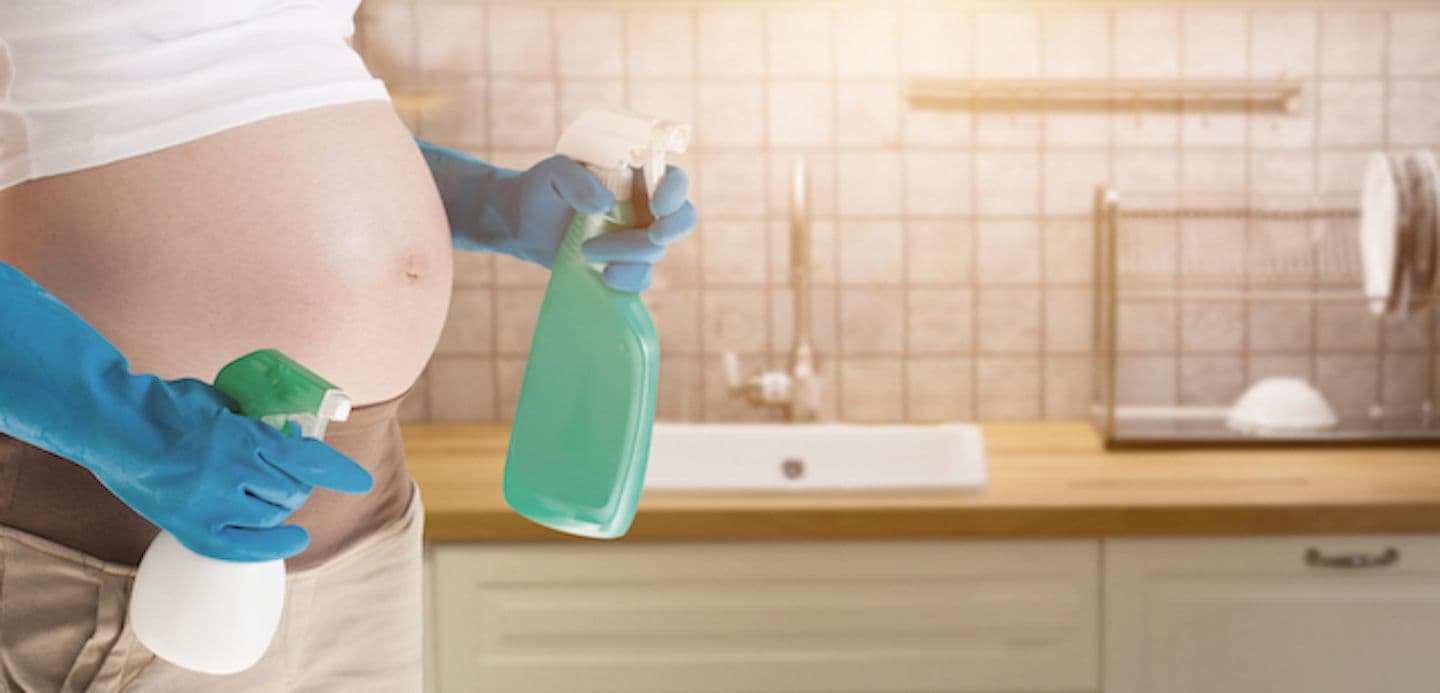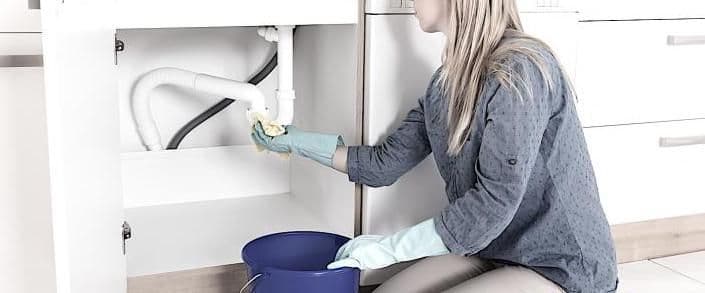The Impact of Mold on Fertility and Pregnancy
Reproductive Health2
Obie Editorial Team

We recently went to a Thanksgiving dinner and spent the day in her dining room and living room chatting and eating for hours at a time. About a week later, we found out that the roof of the house had sprung a leak, and there was mold growing in the attic. Though upset about the inevitable costs of renovations, we didn’t think anything of it at first. However, we later realized that my pregnant friend had been over on Thanksgiving Day. Luckily, she checked with her doctor and found out that mold from dampness in homes is considered harmless to a developing fetus. However, I was surprised, considering mold can be potentially dangerous for adults. After some research, I discovered why a fetus’ exposure to mold is not much to be concerned about.
What is mold?
Mold is a type of fungus and can have different colors like black, white, orange, green, or purple. You are constantly surrounded by mold even though you usually cannot see it. Mold lives almost anywhere indoors and outside. Molds thrive on moisture and reproduce through lightweight spores that travel through the air. You’re exposed to mold every day. They’re usually harmless in small amounts. But when they land on a damp spot in your home, they can start to grow. They release spores that you might breathe in. If you're sensitive to mold and inhale a lot of spores, it could make you sick. There are some suggestions that being exposed to mold can increase the risk of childhood asthma.
Airborne mold spores are dangerous to humans because they can cause serious damage to the alveoli in your respiratory tract and lungs. Mold can cause infections, irritation of the respiratory tissues, and it can even bring on allergic reactions. Certain molds, though usually not the ones caused by a temporarily damp attic, can even bring on serious and chronic respiratory diseases. While this all sounds like it could be damaging to a delicate fetus, it’s not at all when you think about the nature of a fetus’ air supply. Since a fetus doesn’t “breathe” in the same way that we do, it is completely untouched by harmful mold spores while in the womb. Therefore, you might see side effects if you come into contact with large amounts of mold during your pregnancy, but your fetus will be unaffected. However, studies show that children exposed to mold spores in their first few years of life can develop serious respiratory problems so it’s important that you make sure your home is mold-free by the time baby is born.
Of course, you shouldn’t purposely breathe in any mold during your pregnancy because it could cause serious health problems to your own body. However, if you’ve unintentionally breathed some in, the health of your developing baby will be uncompromised. Staying healthy during your pregnancy can seem difficult sometimes, but airborne irritants are only a problem when they affect the processes in your own reproductive system as they relate to the health and nutrition of your delicate, growing baby.
Source: Anne Karvonen et al: Confirmed Moisture Damage at Home, Respiratory Symptoms and Atopy in Early Life. Official Journal of the American Academy of Pediatrics Volume 124 Issue 2 pp. 329-338 August 2009.
Read More










